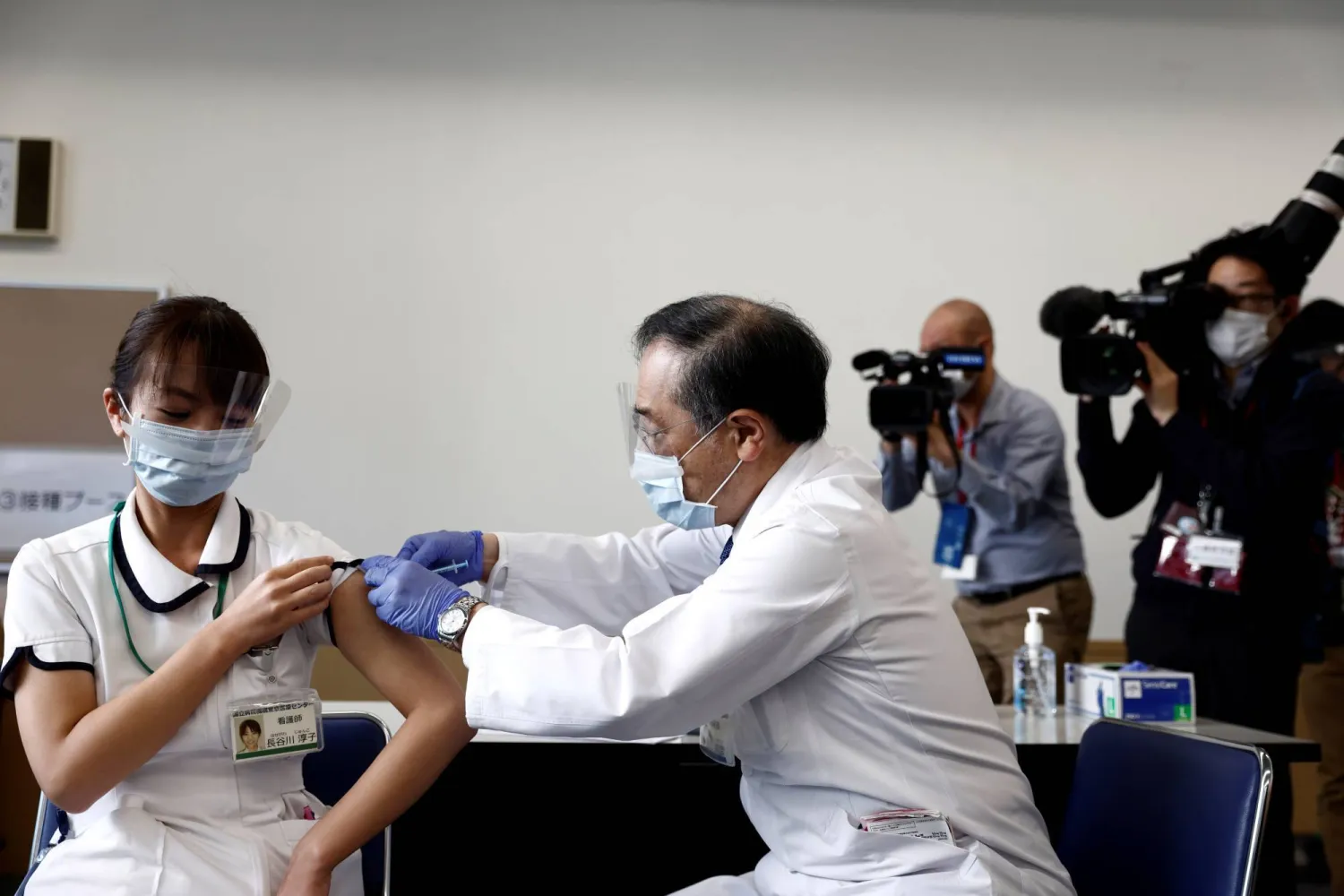Women are twice as likely to suffer a “severe” reaction to the flu jab as men, a new study has revealed.
Analysis of 34,000 adults who received the flu vaccination between 2010 and 2018 found that 3 percent of women had a severe reaction, compared to just 1.5 percent of men, according to The Telegraph.
Researchers from the University of Montreal, Canada, classified severe reactions as symptoms such as high fevers over 39 degrees, or significant swelling, pain or rashes known as erythema, that led to people being unable to carry out daily tasks.
The study, published in the Journal of Epidemiology and Community Health, found that women were also around a third more likely to suffer from other, less serious side effects than men.
It said that 38.6 percent of the 20,295 women analyzed had suffered side effects like headaches, vomiting, fevers and muscle aches after their vaccination, known as “systemic reactions”, compared with just 28.6 percent of the 13,860 men (around 29 percent fewer on the whole).
Rarely serious
The study said for every 1,000 people getting the flu vaccine, 74 more women would have these side effects than men.
Researchers also found that women were 31 percent more likely to get pain, swelling or an infection around the injection site. It said this happened to 44.6 percent of women and 33.9 percent of men.
Dr. Marilou Kiely, author of the report, said while “most reactions are mild, self-limited and rarely serious”, a bad reaction could “be a barrier” to having another vaccination.
“Transparent communication regarding the increased risk for females would potentially help sustain long-term trust in health authorities and vaccines,” she said.
Dr. Conall Watson, a consultant epidemiologist at the UK Health Security Agency (UKHSA), said that “serious side effects are rare following a flu jab”.
Hospitalization and death
“Flu can cause very serious illness, hospitalization and death. Some people are more susceptible to the effects of flu - flu can trigger heart attacks, or lead to pneumonia, and can make existing medical conditions worse,” he said.
The NHS stresses that “severe allergic reactions” like anaphylaxis are very rare at around one in one million and that some of the reactions categorized as severe in this study, such as erythema, usually resolve on their own, even if they are uncomfortable.









